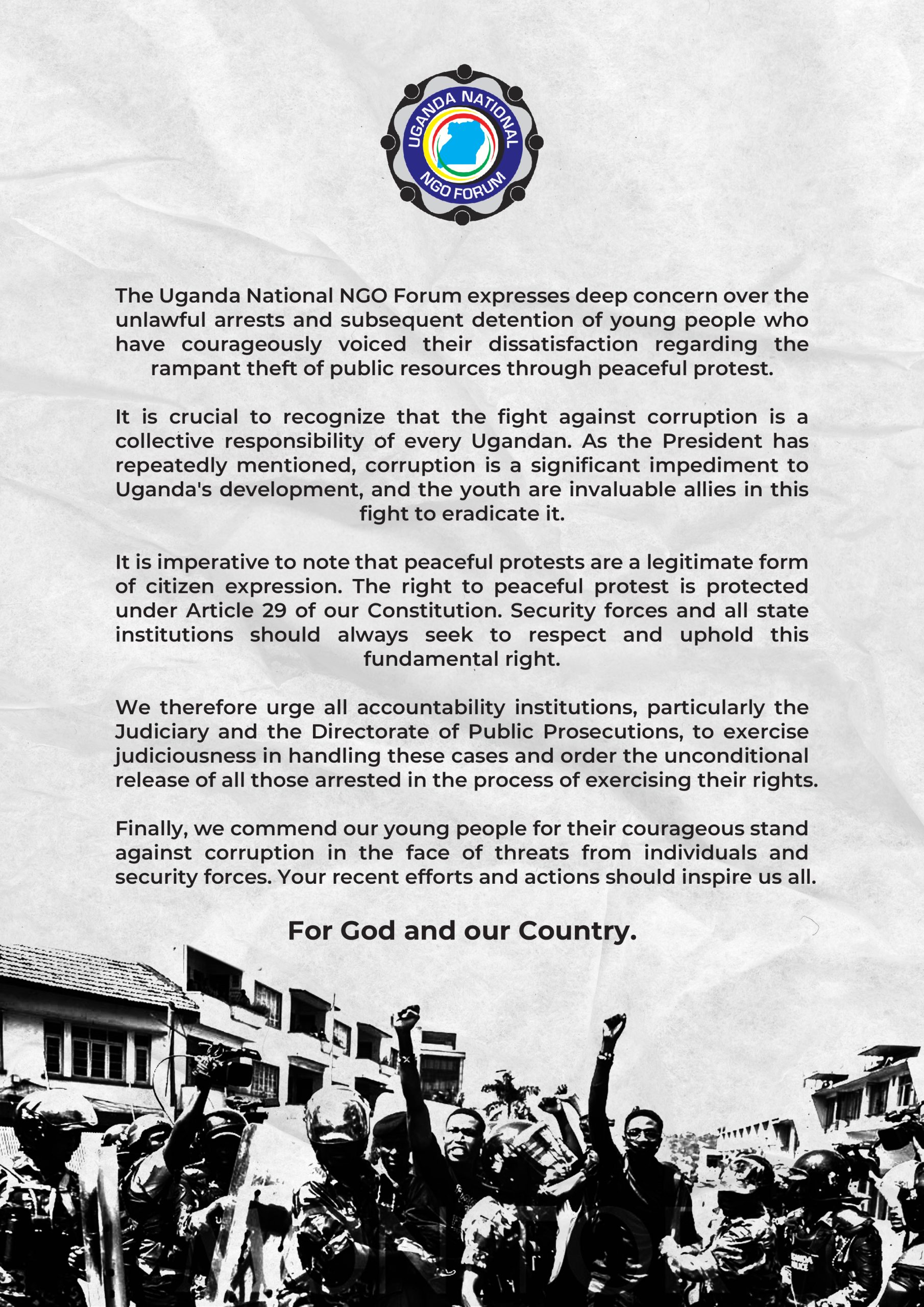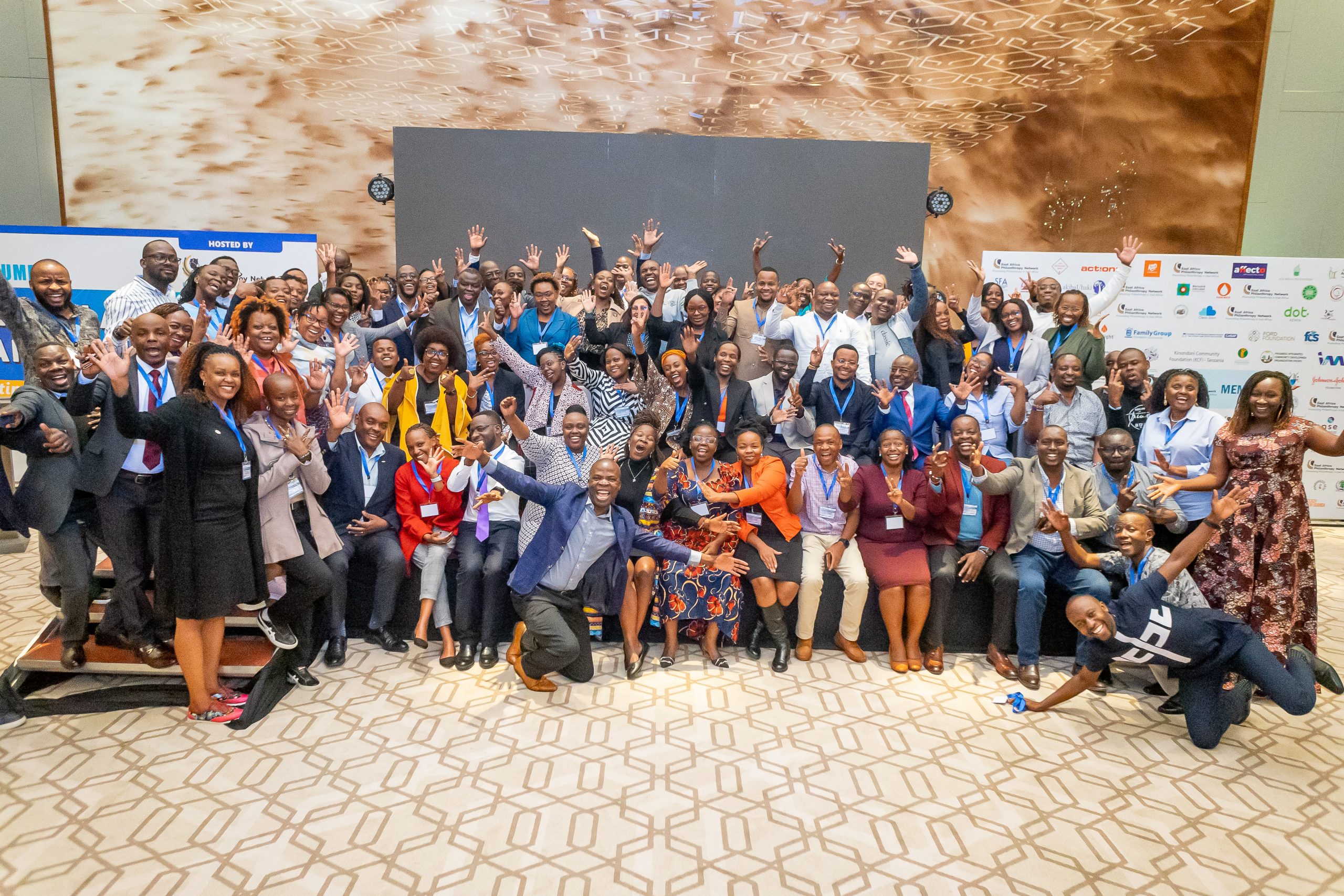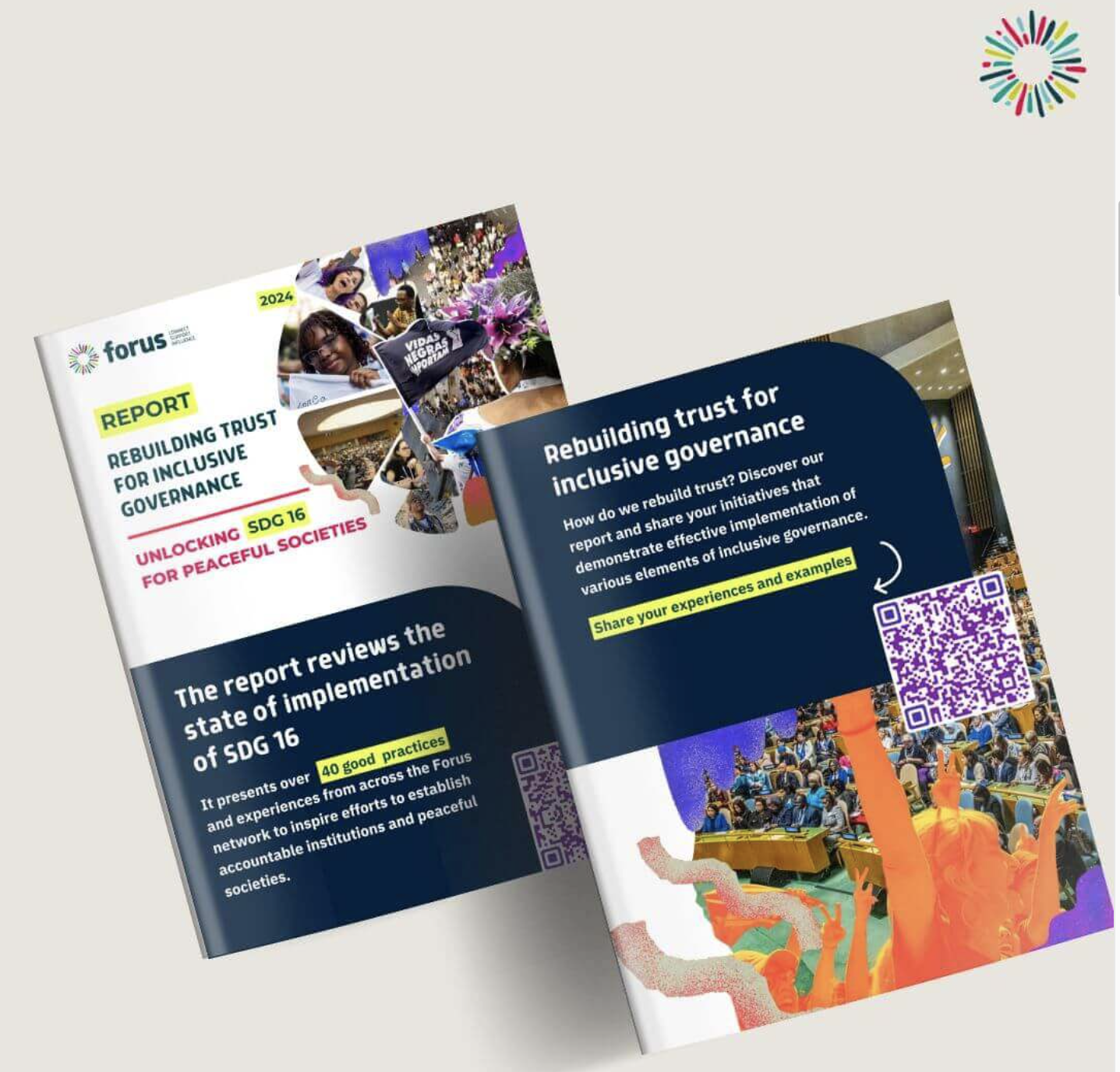Uganda’s UN Presidency and the Post 2015 Agenda – Global and Local Priorities for Kuteesa
Uganda is set to head the United Nations General Assembly – and our Minister for Foreign Affairs, Sam Kuteesa, will be the President of 69th Session of the United Nations General Assembly. While this is a prestigious position that has not come easily for Kuteesa, if the online petition is anything to go by, it also comes with significant responsibility to Uganda.
2014-2015 is the ‘last lap’ for the Millennium Development Goals (MDGs). Uganda will be chairing the UN member state negotiations in this last year of the MDGs. The world will be watching us closely to see how we steer these discussions. While in 2000 when the MDGs were being introduced, those who followed the proceedings remember that in the last three months before the Millennium Summit the UN Secretary General, the OECD and the World Bank came forward with what became the Millennium Development Goals – these were drawn from the OECD Development Assistance Committee (DAC) targets which were part of their 1996, strategy paper – Shaping the 21st Century. The process was criticized for being heavily top down.
This time round the number of consultations are mindboggling. Already we have had hundreds of people participating online, several face to face meeting on all continents that have reached millions of global citizens and several high level consultations including the Post 2015 High Level Panel under the leadership of the Liberian President Sirleaf Johnson which delivered what many thought was a game-changing report to the UN Secretary General in 2013. Globally civil society has several groups and coalitions that are engaging with the process of developing the Post 2015 agenda – major ones being the Beyond 2015 coalition and the Global Call Against Poverty (GCAP).
Our Presidency will therefore require very strong facilitation skills. Three areas will require particular attention for the new Presidency on the Post 2015 agenda; first is the approach of the new post2015 goals, second is the financing of the post2015 goals and third is the delivery of the post2015 goals.
On the issue of new Post 2015 goals, the world has now agreed to merge the sustainable development goals from the climate change discussions with the MDGs. The critical challenge is; what strategy shall we adopt as a globe? Shall we use the ‘Xmas tree’ approach where we keep adding something new every time hoping to get a more beautiful tree of Post 2015 goals, or shall we use the ‘bull’s-eye’ approach where we identify one target and shoot at it or shall we go for the jigsaw puzzle option where we concentrate on the inter-linkages between different sectors and dimensions of development and try to establish how they can work together to create sustainable solutions. It will be important for our Presidency to provide leadership and ensure that the world arrives at a consensus that reconciles these differences in approaches.
On financing the goals, it will be important to appreciate that the world is changing rapidly and significantly. Economic meltdowns in different parts of the world, high and rising unemployment both in developed and developing countries, citizen action and pressure on governments for social accountability through protests and industrial action all mean that financing will not come easy. But at the same time we have new forms of partnership with emerging economies like China and Korea playing a key role. On the other hand we have continents like Africa that offer enormous potential with high growth rates amidst low levels of production and productivity. Several countries are discovering minerals and indeed with prudent economic decisions they can change societies significantly. Innovative financing that focuses on domestic resource mobilization through encouraging local production of goods and services, privileging value chain expansion in domestic economy will all be important forms of resource mobilization for the post2015 agenda.
On the issue of what type of growth, there is global consensus that the world should pursue ‘green growth’. But this begs the question, what kinds of changes should modern and emerging economies make to pursue to attain green growth? Can countries afford to pay for more sustainable and environmentally friendly economic growth – which is what green growth is? A discussion will therefore have to happen on the linkages between technology, growth and development.
Lastly, while we shall be the President of the UN, we need to also be able to start policy discussions and have a country position as Uganda on most of these questions. While we may not be the source of all answers, as a country, we need to be able to offer on-the-ground examples. These discussion will be important to ensure that our Presidency is grounded in local perspectives and that the debate is alive both at home and at the UN.
By
Richard Ssewakiryanga
Executive Director
Uganda National NGO Forum
and Co-Chair of the Global Coalition Against Poverty (GCAP)



